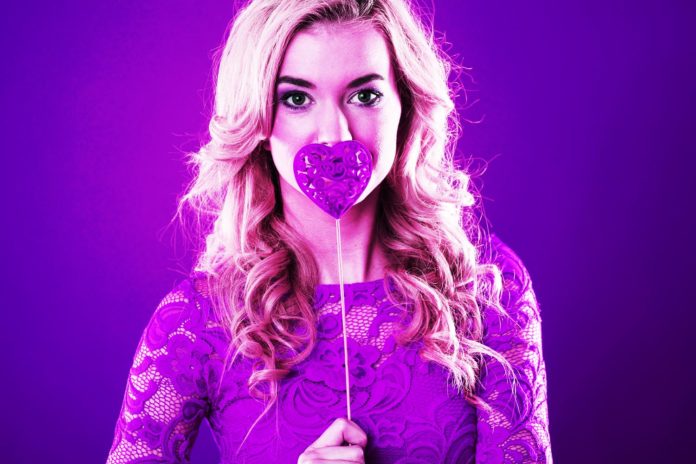
Why are women more obsessed with aging and beauty than most men? Why are women commonly the subject and target of products in the beauty industry? How are women being portrayed in beauty product ads? All of these are just three of many subjects involving Feminism today.
The rise of women and the beauty industry
Merriam-Webster defines feminism as, “the belief that men and women should have equal rights and opportunities”. It also offers the definition that it is an “organized activity in support of women’s rights and interests”.
In geist, feminism is the journey of women struggling to be on equal footing with men. It is the story of women moving up and beyond being the perceived “weaker sex” to the empowered people women are today.
Indeed, the feminist movement has come a long way since women first spoke up about the desire to vote or to earn the same wage as their male counterparts. Today, women have entered the Fourth Wave of Feminism, which according to theorists, is a time when women’s status and standing in society no longer requires to be discussed from with women’s relationship with men as an anchor. According to contemporary feminists, women are now contemplating on things that matter to society as a whole and the roles that they can play to make that happen.
The beauty industry was quick to respond to the wants and needs of women throughout the years, ever ready to develop and launch the next best skincare products for women based on the prevailing sentiment around gender equality in past periods. The trend is no different today. Women are quickly finding out that there is more to the world than being equal to men — heck, women can always best them.
Women power and the beauty industry
Now, more than ever, women are seeking more meaning to the purpose of being a woman. Deeper discussions concerning feminism and women in relation to the growing global concerns like peace, equality in development and opportunities, environmental degradation or even the erosion of public morality and values are rolling. The beauty industry once again was quick to adjust.
Not only have players in the beauty industry began to introduce the next wave of the best skin care products for women, this time, they are also in the middle of sourcing and trading more responsibly with locals around the world as women clamor for fair trade and competition. With women calling for more natural products that are easy on the skin and on the environment, the beauty industry is taking a hard look at their product offerings and are re-evaluating the ingredients they are putting in skin creams, among many other products.
Whereas women once won the right to suffrage not so long ago, the new feminist movement has called upon a more responsible beauty industry. The new wave helped inspire the non-pollution of the environment in the recent banning of ‘micro-beads’ which many beauty products from facial cleansers to toothpaste are carried, in a new US law vetoed by President Barack Obama. The statement that came with the announcement of the new ban highlighted how these ‘micro-beads’ made with plastic components stayed in the environment and failed to be degraded. It said it left drainages clogged and even contaminated drinking water.
Of red lipsticks and makeup-free days
In reality, modern feminism has become harder to define or even carve out of several intellectual discussions happening today. Pop culture, which the beauty industry certainly has a way of defining and being fed by at the same time, provides a way to see if and how the portrayal of women has improved or become degraded over time.
Are women more respected now? How does one explain the pornographic beauty product ads and music videos for instance that continue to portray women as an object of desire?
And, yet simultaneously, the beauty industry is also just beginning to book more plus-sized models to walk their runways and advertise their products. No less than Jean Paul Gaultier, Marc Jacobs and Chanel have had plus-size models strut their curves in their designer clothes. Even Sports Illustrated isn’t going to allow itself to be left behind by this rather curvacious trend. Earlier in 2016, the magazine’s cover, graced by the sexiest women of the recent past decades, featured plus size model, Ashley Graham — in two-piece bikinis of course!
Is it feminism or the beauty industry that is feeding the other? Or, are both locked in a vicious cycle that can only be understood once they have fully unfolded?
Conclusion:
Beauty is vaguely defined these days. In truth, you don’t need any other definition of beauty — all that matters is yours.

















